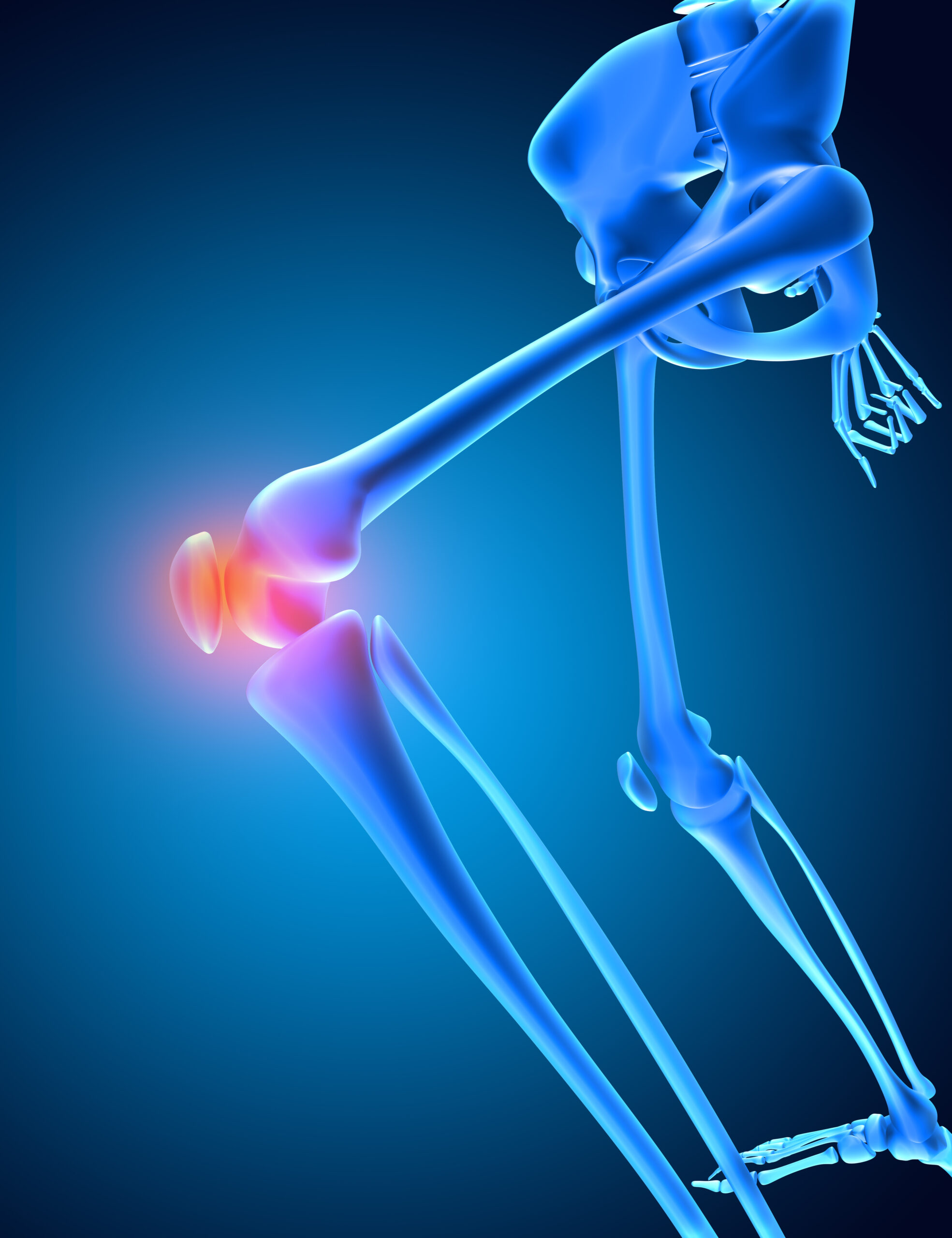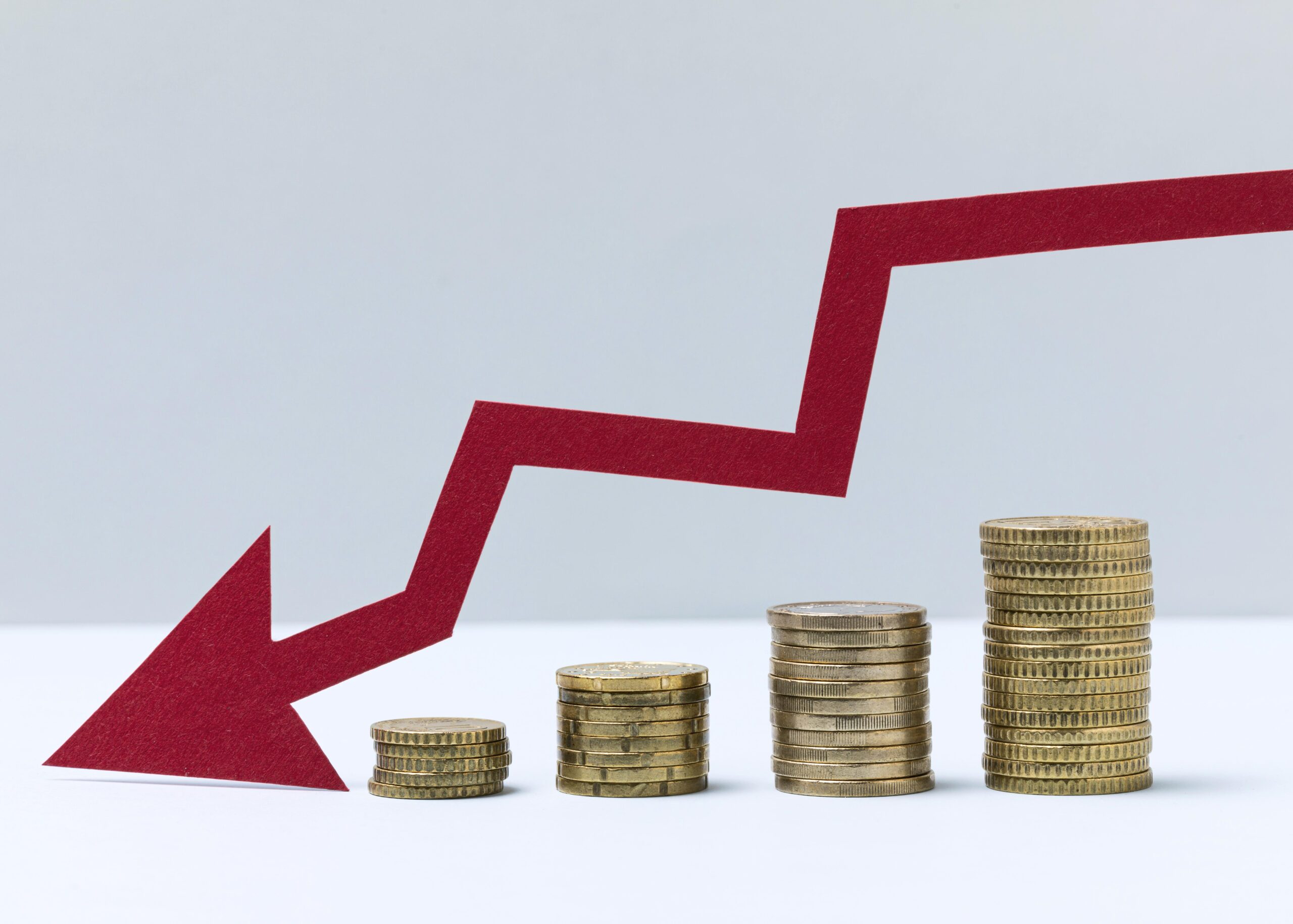Is gender equality truly about inclusion, or have we unintentionally turned it into a one-sided conversation?
Every year, as March 8 rolls around, the world comes together to mark International Women’s Day. Here we go again: Social media is flooded with #WomenEmpowerment posts, brands go to great lengths to launch campaigns, and government promises for gender equality are re-iterated. But, as the dust settles and the world turns its attention elsewhere, the question that is more to the point is whether the narrative around gender equality has changed—or is just so much lip service. For empowerment to count, it cannot be limited to symbolic acts and phrases. It needs to move toward real coexistence by understanding that gender equality is not a war of “us” versus “them” but rather the work of everyone to build a just society. The conversation cannot be a monologue; if we are to make real advances, we have to recognize men’s difficulties alongside women’s burdens. Only then are we able to create a world in which the two genders rise together instead of at each other’s expense.
A Historical Look: The Struggles and Triumphs of Women’s Rights
A History of the Revolution and Its Roadblocks International Women’s Day can be traced back to the early 1900s — a period of political turmoil and labor strikes. The first official Women’s Day celebration was observed on March 19, 1911, in Austria, Denmark, Germany and Switzerland, with more than a million men and women participating in rallies calling for women’s rights to work, vote and hold public office. But the horrific Triangle Shirtwaist Factory fire in New York City days later changed the course of the movement. The deadly fire that killed 146 female garment workers revealed the dangerous working conditions women were in and the need for greater labor reform. The date of March 8 would subsequently be cemented in history during the Russian Revolution of 1917, when women took to the streets for a four-day strike asking for “bread and peace” in protest over the devastation of World War I. Their actions culminated in the Czar’s abdication and the Russian government’s granting of the right to vote to women. From voting rights to workplace equity, women have fought tirelessly for equality. International Women’s Day was officially recognized by the United Nations in 1977, cementing its status as a global movement. However, as we approach 2025, it’s important to consider whether feminism has truly evolved into an inclusive movement for all, or if it remains a contentious discourse that excludes men from the fight for equality.
Ongoing Struggle Beyond Feminism
Towards Gender Coexistence Feminism is not superiority but equality. But in recent years, the movement has occasionally sidelined men’s struggles, opening up a polarizing gender conversation rather than one that helps unify calls for justice. But while women obviously face gender biases, pay gaps, and workplace discrimination, there are key male-specific issues that remain in the dust:
- Mental Health Stigma: Suppression of emotions is expected of men; recent stats show males account for 75% of all suicide deaths while only 36% of men get diagnosed for mental health issues. “Man up,” says society’s narrow definition of “masculinity,” which discourages men from seeking help, underlining toxic stereotypes that emotional vulnerability is weakness.
- Unbalanced Family Law: Family law favors mothers a thousand times over, thus leaving fathers estranged from their children. Turn to alimony laws in many countries, which still assume that men are the only financial providers even as the economy has changed.
- The Heartbreaking Case of Atul Subhash: In December, Atul Subhash, an IT professional, died by suicide amid a divorce war. He left a note accusing his wife and in-laws of harassment and false allegations. His is not an isolated case—multiple men in contentious divorce situations flail through legal and emotional struggles, often with little support.
- Workplace Biases in Certain Industries: As women work to gain seats at the corporate leadership table, men are not immune to biases that lower their perceived ability to contribute to something in female-dominated industries like nursing, teaching, and childcare, for example, where they are seen as less capable or even suspicious.
- Higher Workplace Fatalities & Military Conscription: Men have 80% of workplace fatalities & are conscripted into the military. Men are over-represented in many hazardous labor jobs, and in several countries, males are subject to mandatory drafts, a masculine expectation that is seldom questioned. This is not to diminish the plight of women or to suggest men suffer more than women. Instead, they emphasize the importance of a gender equality movement that is holistic and includes both points of view.
Empowerment Should Be Inclusive, Not Selective
Empowerment must never be selective. This raises the question: are we genuinely advocating for men in the same manner as we do for women, or have we entirely overlooked their plight in our pursuit of progress? Empowerment cannot mean lifting one gender while ignoring or undermining another. A truly progressive society must:
- Enforce air Family Laws Ensuring Equal Custody Rights: The standard should be equal custody, not some state-mandated and enforced evil, like “family court,” which is an attack on the family.
- Counter legal abuses in divorce cases: The tragic case of Atul Subhash and many others highlights that false allegations and abuse of laws can ruin life. Laws protecting women against harassment are critical, but there must also be equal protection against false cases, which cause severe harm to innocent men.
- Advocate for Men in Female-Dominated Professions: Just like we want to see more women in STEM work, we have to advocate for an environment where men in caregiving professions don’t feel stigmatized.
- Combat Workplace Deaths & Gender-Specific Hazards: Safety and legal protections for the workers of corporate offices should not be more pronounced than outcomes in high-risk labour industries.
- Promote Shared Responsibility, Not Gender Wars: The assumption that one gender needs to “win” to achieve equality is a faulty one. The goal is instead how to coexist and make way for both men and women at workplaces, homes, and public spaces.
What Can Women Do to Cultivate Inclusivity ?
As women, we can contribute to ensuring that gender equality is good for everyone. Supporting men is not about diminishing women’s rights — it’s about restoring justice and equity.” Here’s how:
- Speaking Up for Fairness in the Legal System: Whether they have experienced abuse or not, women are rousing a common interest in fair, gender-neutral laws to protect vulnerable constituents from legal abuse.
- Promoting emotional expression: Helping men move beyond toxic masculinity can lead to healthier relationships and improved mental health.
- Advancing True Equality, Not Victimhood: We should not view gender equality as a conflict between the sexes, but rather as a joint endeavor to ensure the growth and prosperity of both genders.
- Using Our Influence for Change: We can work as activists, lawmakers, journalists, and individuals to promote policies, change biases, highlight needs, and build inclusive discourses.
What Lies Ahead?
International Women’s Day must not be a day for exclusion; it should be a day that reminds us of our common responsibility. The idea is not that women win and men lose, nor that one group triumphs over the other. In other words, true gender equality is coexistence, mutual respect, and fairness for all. As March 8 progresses, let’s ensure it doesn’t become a fleeting event where the agenda for women’s rights and advancement gets overshadowed by global events. Make this a call to action for real change—one that values men and women equally, recognizes each other’s struggles, and strives for a future in which empowerment is universal. Because real feminism is not about division—it’s about solidarity. Nor will there ever be true equality so long as one side of the political divide is always excluded from the dialogues.
Let’s rise together—not against each other, but for each other.
Note: The statistical and factual data presented in this article have been sourced from the references listed below. However, the views and interpretations expressed are solely my own.
References
https://vmagazine.com/article/what-is-international-womens-day-and-why-should-men-care-about-it/







